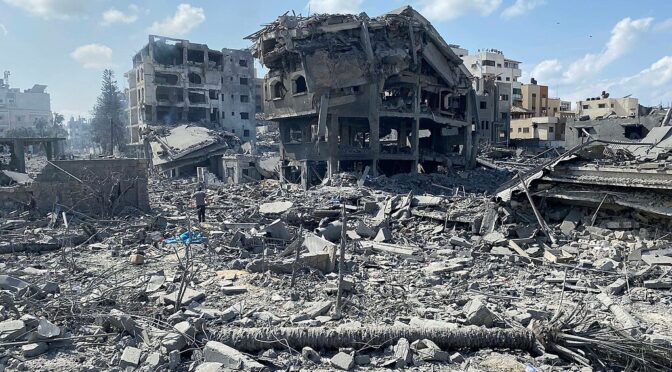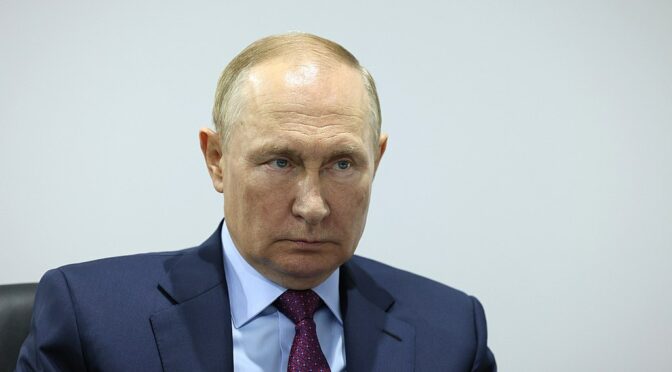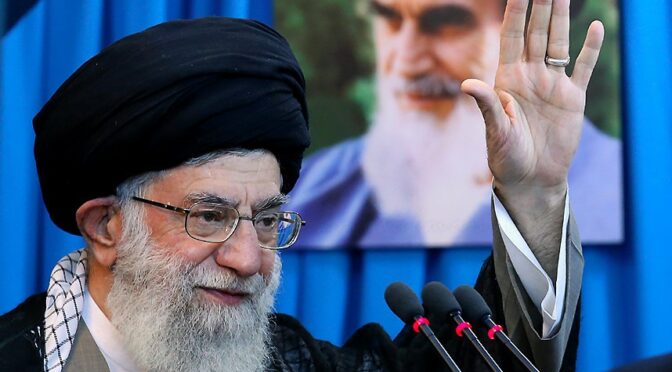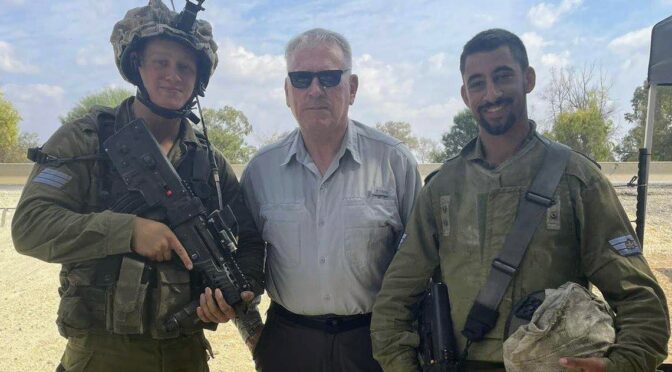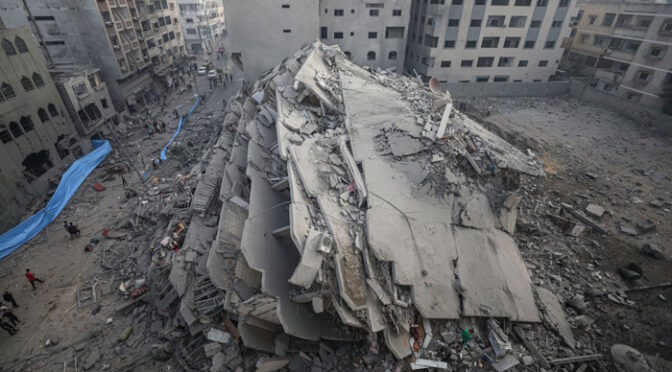Article published by Ynetnews.com, 22 October 2023. © Richard Kemp
Much of Western media has blood on its hands. Following the worst massacre of Jews since the Holocaust, many news outlets have been acting as willing tools of the genocidal terrorist groups in the Gaza Strip that perpetrated it. This is neither new nor unpredictable. An anti-Zionist narrative has for many years displaced media objectivity in every conflict involving Israel.
The strategic objective of Hamas’s attacks is to incite international condemnation of Israel by compelling it to take military action in which Gaza civilians will inevitably be killed despite unparalleled IDF measures to prevent it. Whenever this happens, like Pavlov’s dogs a chorus of reporters, tame analysts and newscasters immediately appear on the airwaves to accuse Israel of war crimes. Such accusations are loudly echoed in universities, human rights groups and international bodies. Exactly as Hamas intended.
That in turn encourages Hamas to do the same thing again and again and is the real ‘cycle of violence’ that many journalists love to accuse others of but are in fact themselves active participants in.
One of the worst offenders was the BBC, by far the most influential media organization in the UK, and with one of the largest audiences internationally. It is regarded by many as the most authoritative and impartial news organization in the world and has been seen as a beacon of truth going back to the Second World War.
‘Hundreds killed in Israeli strike on Gaza hospital — Palestinian officials,’ was the BBC headline. The next day, the British Financial Times splashed with: ‘Gaza Health Ministry says hundreds killed in Israeli air strike on hospital’. Across the Atlantic, the New York Times, among others, reported the Al-Ahli incident in similarly false terms.
BBC reporter John Donnison told viewers: ‘It is hard to see what else this could be really given the size of the explosion other than an Continue reading


